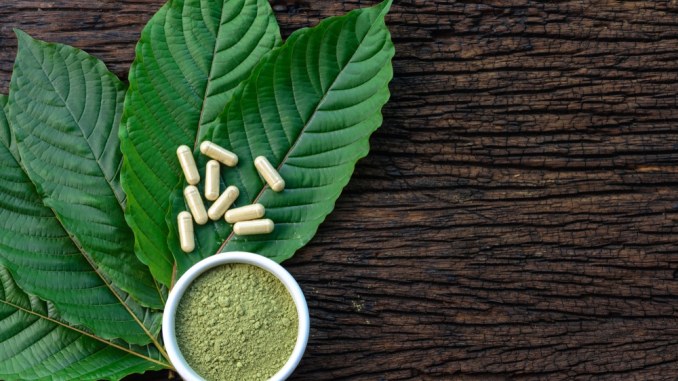
Over the past few years, CBD has been the talk of the town in the realm of alternative medicine. It has really carved a niche for itself as a natural remedy for a wide range of conditions. Despite CBD’s popularity and inherent effectiveness, there are other equally natural alternatives that have been proven to be effective.
Recently, Kratom burst onto the Western stage in a big way and even gained the attention of the FDA and DEA. In fact, there are claims that Kratom can be an effective substitute for CBD. But is this accurate?
Well, on the surface, the two supplements appear to have some common background. However, as you dig deeper, it becomes apparent that they must be different. For instance, CBD and Kratom are derived from two separate plants, each with distinct properties. So, their active ingredients, benefits, side effects, and legal standings must be different.
To help you learn more about these versatile herbs, here are 3 of the most important differences between CBD from Kratom.
Uses/Benefits
CBD is famed for its potential therapeutic properties. Several studies have suggested that its consumption can reduce the breakdown of the body’s natural antidepressant, anandamide. Many people also use CBD to support joint relief, lower stress, and even aid sleep.
One of the recent breakthroughs for CBD was the approval of Epidiolex (a product used to treat seizures) in 2018 by the FDA. With the ongoing researches on CBD, more applications are expected to come.
On the other hand, Kratom is far less researched, thus limiting its application. However, there is an increased interest in the plant, which may open doors for studies in the future. Some users have suggested that it can be effective for aiding relaxation, reducing pain, and boosting immune function. There are also claims that it may treat opioid dependence and possess some antidepressant properties.
Side Effects
While Kratom may be able to treat opioid addiction, one of its main compounds, 7-HMG, has been shown to act as an opioid receptor in the brain, which simply means that it has addictive potential. This is one of the main reasons why it has been on the FDA’s radar. A 2014 survey carried on 293 participants confirmed the claims as almost all the participants showed signs of opioid addiction after using Kratom for 6 months.
Besides the addictive potential, Kratom is also suggested to cause side effects such as dry mouth, aggression, seizures, liver damage, arrhythmia, nausea, and memory issues among others. However, documentation of the mentioned issues is rare.
On the other hand, CBD appears to be safer, with limited and mild side effects reported among users, including nausea, dry mouth, and drowsiness. A 2017 report published by the World Health Organization concluded that CBD is not only safe but non-addictive.
Pro Tips: Like Kratom, lack of regulation in the CBD industry may lead to issues like contamination and fake CBD products that contain dangerous ingredients. It is, therefore, critical to buy CBD or Kratom from trusted dealers who follow sound manufacturing and packaging processes. Reputable vendors are clear about their product’s ingredients, including how they are sourced and made. Kratom Crazy Online Vendors, for instance, discusses 3rd party tests to prove the potency, quality, and safety of their products.
Legal Standings
The DEA made its first attempt to ban Kratom in 2016. However, because of public protest, the herb remained legal in most states. In 2017, after further investigation, FDA proposed that the drug should be labeled as Schedule I drug because of its opioid-like features—putting it in the same category as other infamous drugs like heroin and LSD.
Although the jury is out on the legality of the herb in the US, it is a controlled substance in several countries, including Poland, Germany, and New Zealand. It is completely illegal in Australia, Myanmar, and Thailand.
Because CBD is made from cannabis, its legality has received a lot of criticism. Although hemp is classified differently compared to bud, the phrasing of laws on cannabis oftentimes leaves a lot of room for interpretation. In due course, hemp-derived CBD products remain legal, though regulations vary by state.
Final Verdict
While some people compare Kratom and CBD, the two herbal supplements are completely in different leagues. CBD is more recognized and boasts strong scientific backing as far as its benefits are concerned. While Kratom is suggested to treat some conditions, the growing list of concerns and minimal studies on its potential effects, are likely to get it restricted before it is accepted on a global scale. Whether you choose CBD or Kratom, you need to remember that all have certain side effects. So, it is recommended to consult your physician before making a decision.




Leave a Reply